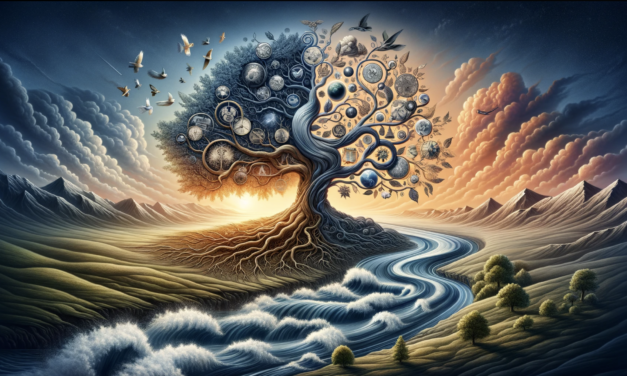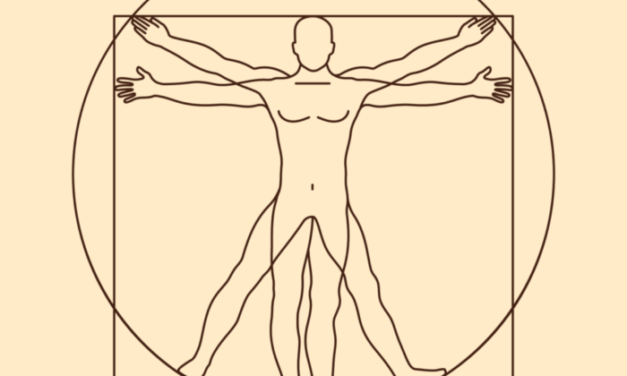Glimpses of Change: Navigating the Currents of Human History and Thought
Summary of a year’s reflection and discussion about the dynamic and evolving nature of human understanding and its impact on the world. This article has links to the summaries produced for each of the twelve topics.
Read More





